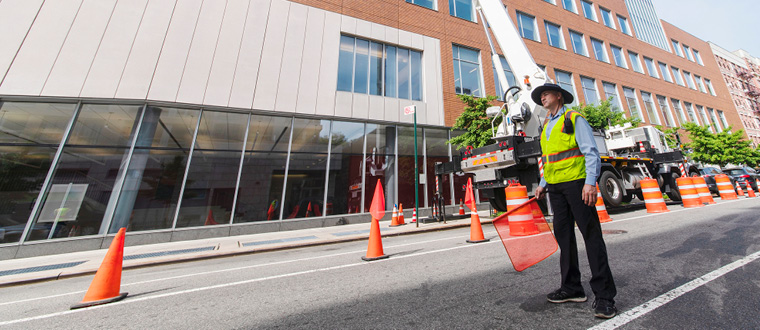When it comes to mastering the Australian English accent, sounding natural is the ultimate goal for non-native speakers. Whether you’re an international student, a new immigrant, or a professional looking to improve your communication skills, adopting the nuances of the Australian accent can greatly improve your confidence and effectiveness in social and professional settings. In this article, we will explore a few key points to help you sound more natural in Australian English.
Understand The Key Features Of The Australian Accent
To sound more natural in Australian English, it’s crucial to familiarize yourself with the accent’s distinctive features. Australian English is known for its non-rhotic pronunciation, which means that the “r” at the end of words is often dropped. Additionally, Australians often use unique vowel sounds and diphthongs. Pay attention to how native speakers pronounce words like “mate” (pronounced as “maiyt”) and “day” (pronounced as “dae”). Listen to Australian media, podcasts, or conversations to grasp these essential characteristics.
Practice Pronunciation
Pronunciation is the cornerstone of sounding natural in any accent. To improve your Australian English pronunciation, focus on vowel sounds and intonation patterns. Record yourself speaking and then compare it to native speakers to identify areas for improvement. Pay close attention to vowels like “i,” “e,” and “o,” and practice pronouncing them in the Australian way. Mimicking native speakers is a valuable technique for refining your pronunciation.
Embrace Australian Slang And Idioms
One of the fastest ways to sound more natural in Australian English is to familiarize yourself with Australian slang and idioms. Australians frequently use unique expressions and colloquialisms that add authenticity to their speech. Incorporating phrases like “no worries,” “fair dinkum,” and “how’s it going, mate?” into your conversations will help you connect with locals and sound like a true Aussie.
Learn The Intonation Patterns
Australian English has distinctive intonation patterns that give speech a natural flow. To sound more authentic, practice rising and falling intonation, which is commonly used in questions and statements, respectively. Pay attention to how native speakers emphasize certain words or syllables in a sentence. This will help you convey meaning effectively and sound more like a local.
Watch Australian TV Shows And Movies
Immersing yourself in Australian media is an enjoyable and effective way to improve your accent. Watching TV shows, movies, and documentaries featuring Australian actors and presenters exposes you to authentic accents and conversational styles. This can help you pick up on the rhythm and tone of Australian English, making your speech more natural.
Engage In Conversations With Native Speakers
There’s no substitute for real-life practice. Engage in conversations with native Australian speakers whenever possible. Join local clubs, participate in language exchange programs, or find conversation partners online. Interacting with Australians not only helps you practice your accent but also enhances your understanding of Australian culture and social norms.
Consider Professional Accent Training
If you’re committed to mastering the Australian accent and want personalized guidance, consider enrolling in professional australian accent training programs. These training programmes are designed to help non-native speakers develop authentic accents and improve their communication skills. Experienced trainers can provide valuable feedback and tailored exercises to address your specific accent challenges.
Conclusion
Sounding more natural in Australian English is a rewarding journey that requires dedication and practice. By understanding the accent’s key features, honing your pronunciation, embracing slang and idioms, learning intonation patterns, immersing yourself in Australian media, engaging in conversations with native speakers, and considering professional training, you can make considerable strides in your quest to sound like a true Aussie. Whether you’re pursuing academic or professional goals or simply want to feel more at home in Australia, these seven points will help you achieve a more natural and confident Australian English accent. So, go ahead, mate, and start perfecting your Aussie twang!







